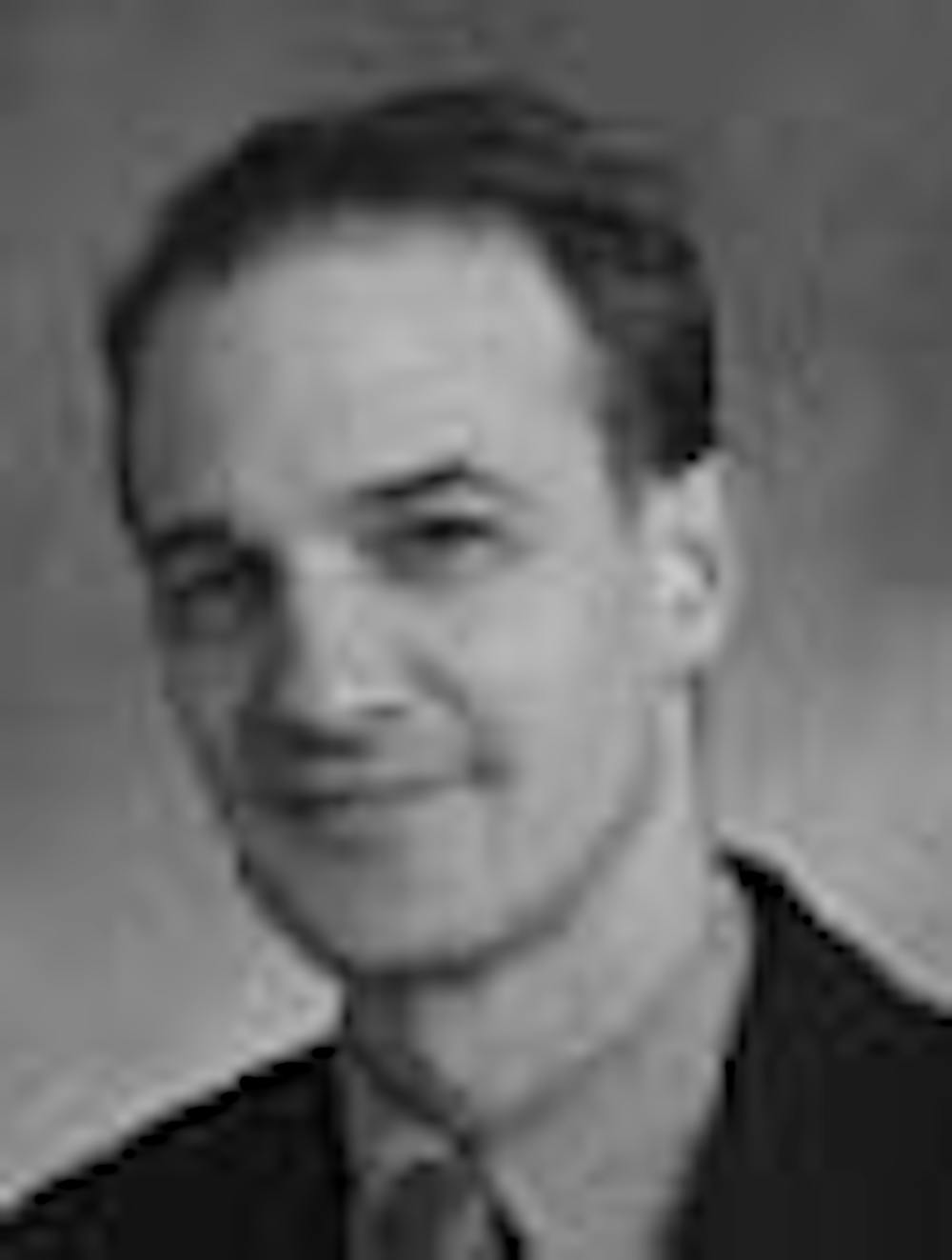Lars Larson
By Lars Larson, Guest Commentary
And so, another season of paper-writing begins on The Bluff. Lab reports, historical assessments, textual analyses, hermeneutical obfuscations – the full spectrum. Yet it's hard to find the reflection necessary for such tasks when the musical babel of "Ra-ra-Ah-ah-aaaah -Ro-ma-Roma-ma-Ga-ga-Ooh-la-laaah…" comes thumping down your dorm hall. It'll surely be necessary to look elsewhere for help.
There are advantages to attending a school like UP, where you're required to take not one writing course but three. Your trinity of writing-intensive English 112, Philosophy 150, and Theology 205, reinforces habits of composition that can inform years of future classes, decades of e-mails, and a career-long set of inevitable writing within your chosen profession.
The trio builds your confidence in a skill so many American adults admit they lack. And it can help unfold a new part of your identity. For writing, with its entirely different set of physics than speech, helps you find a voice you never thought you had.
As the new director of our university's Writing Center, I invite you to discover how we can help you develop this writerly voice. Located in the Learning Resource Center – Franz 120 (which also offers assistance in Math, Speech, and International Languages), the Writing Center aims to improve the skillfulness of not just a student's paper but the writer as well.
Thanks in large part to the organizing efforts of my predecessors, Professors Geneviève Brassard and John McDonald, the Center has become a dynamic, tightly-run, web-accessible resource.
Our student assistants have a semester's worth of training in professional tutoring and campus writing, and years of experience writing in UP's various disciplines. Their main role is to listen – to hear about where you're blocked, be a sounding board for your ideas, to help you locate what you really want to write.
But they can also remind you of things you learned before but perhaps forgot over time: that when it comes to crafting an argument, less is more; that good writing involves a series of stages; that writing is as much an art of what you leave out as one of what you put in (bring both a pen and a chisel).
You might think a Writing Center and an English professor like me would be primarily spelling-obsessed grammar police. Don't get me wrong: in my five years of teaching at UP, I've been upset by plenty of papers that were clearly anti-semantic. But in the long process that the revision stage of your writing should be – and the triage that writing assistants perform – the most important elements of any kind of writing are its strategies of purpose, structure, and clarity.
We call these writing's Higher-Order concerns, in contrast to its Lower-Order concerns of mechanics, because of their urgency. Sure, misspelling is tacky. But overlooking the focus of the assignment is fatal.
As the assistants can remind you, the early stages of writing are a process of "achieving" uncertainty – of resisting jumping to conclusions, so that your paper can be built around a clearly significant question, rather than offering an answer that no one will want to know. Most likely, the answer – or argument – you discover will come to you in the later stages of the process of brainstorming or drafting.
No matter the discipline, big words and convoluted arguments are not required. Instead, prize succinctness – without sacrificing sufficient development. Prioritize clarity – without sacrificing precision. Focus on meeting the assignment – without sacrificing your unique contributions and individual voice.
Writing Assistants can't help with everything – given the vast landscape of a paper, a half-hour appointment usually can only cover a handful of Higher-Order concerns. But ideally, addressing those aspects of the paper will help you address them on your own in future papers.
Most appointments are made online through the Writing Center website http://www.up.edu/lrc/writing), though walk-ins are welcome. Following the appointment, the Assistant will type up a summary of what you covered in the session, sending it both to you and your professor. The Center also offers a writing hotline for brief questions (writing@up.edu). Our advice is also portable, for you can pluck from the walls of the Center a sheaf of photocopied guides to writing in specific disciplines.
Life thus far has learned you to write good. Let UP's writing-intensive classes and resources challenge you to write better.








